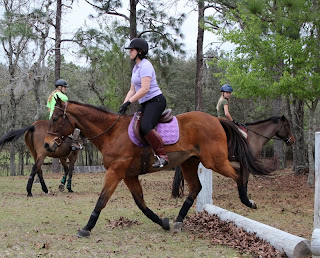What’s your favorite rainy day song?
What’s your favorite rainy day song?
 |
| Photo courtesy Gabriel Santiago |
 |
| Photo courtesy Schicka |
Note: I'm taking a more relaxed approach to blogging this summer, so occasionally I'm going to rerun a previous post. I hope you enjoy this one, from 2013.
When I started writing this post, I had just gotten back from riding my bike for the first time in…years. My kind husband recently cleaned out the garage, brought my bike down from the ceiling where it had been suspended, pumped up my flat tire, lubed the chain and adjusted the seat so it’s just right. I finally wheeled it out onto the nature trail, and while I hadn’t exactly forgotten how to ride a bike, let’s just say that I didn’t look very graceful doing it. There was some irrational weaving and one or two interesting experiments with gears and braking, but soon I was pedaling happily down the trail. I wasn’t very skilled, but at least I didn’t hit a tree.
 |
| Still practicing... (Photo by Holly Bryan) |
 |
| Photo courtesy Edgar Olivera |
 |
| Photo courtesy Michal Kubicek |
 |
| Photo courtesy Jake Hills |
 |
| Photo courtesy Tori Campbell |
 |
| Photo courtesy Milada Vigerova |

I know I’m late to the party, but I recently
joined Instagram (follow me here—and if you’re on Instagram, let me know so I
can follow you!). I finally have a smartphone that takes
decent pictures, and I’ve always thought Instagram sounded like a fun way to
record simple pleasures and everyday adventures. I’m still figuring out how to
use the features, making mistakes and bumbling around. I was lying in bed
contemplating what I might post, when it crossed my mind that it would be amusing
to see what my pets would share if they had their own Instagram accounts. I
decided to take some pictures from their points of view and share them here.
First up, if Prudy had an Instagram account, this is what
she would post (FYI, the following pictures were taken with my phone, but not
actually posted to Instagram.):
 |
| First things first—a selfie. |
 |
| My favorite: the ’nip. |
 |
| I like to knock this in the pool every day—it doesn’t seem to know how to swim. |
 |
| My nemesis. |
 |
| Where I hone my razor-sharp, tree-climbing claws. |